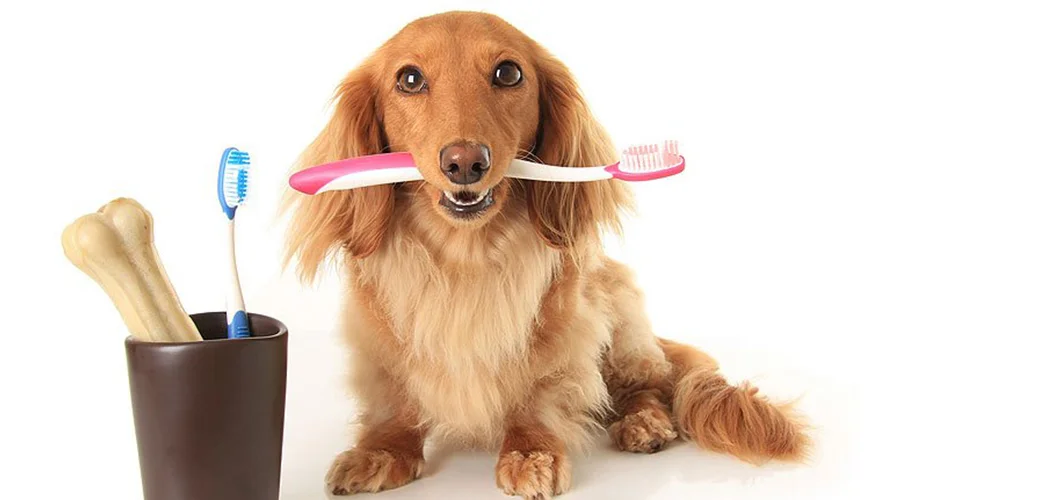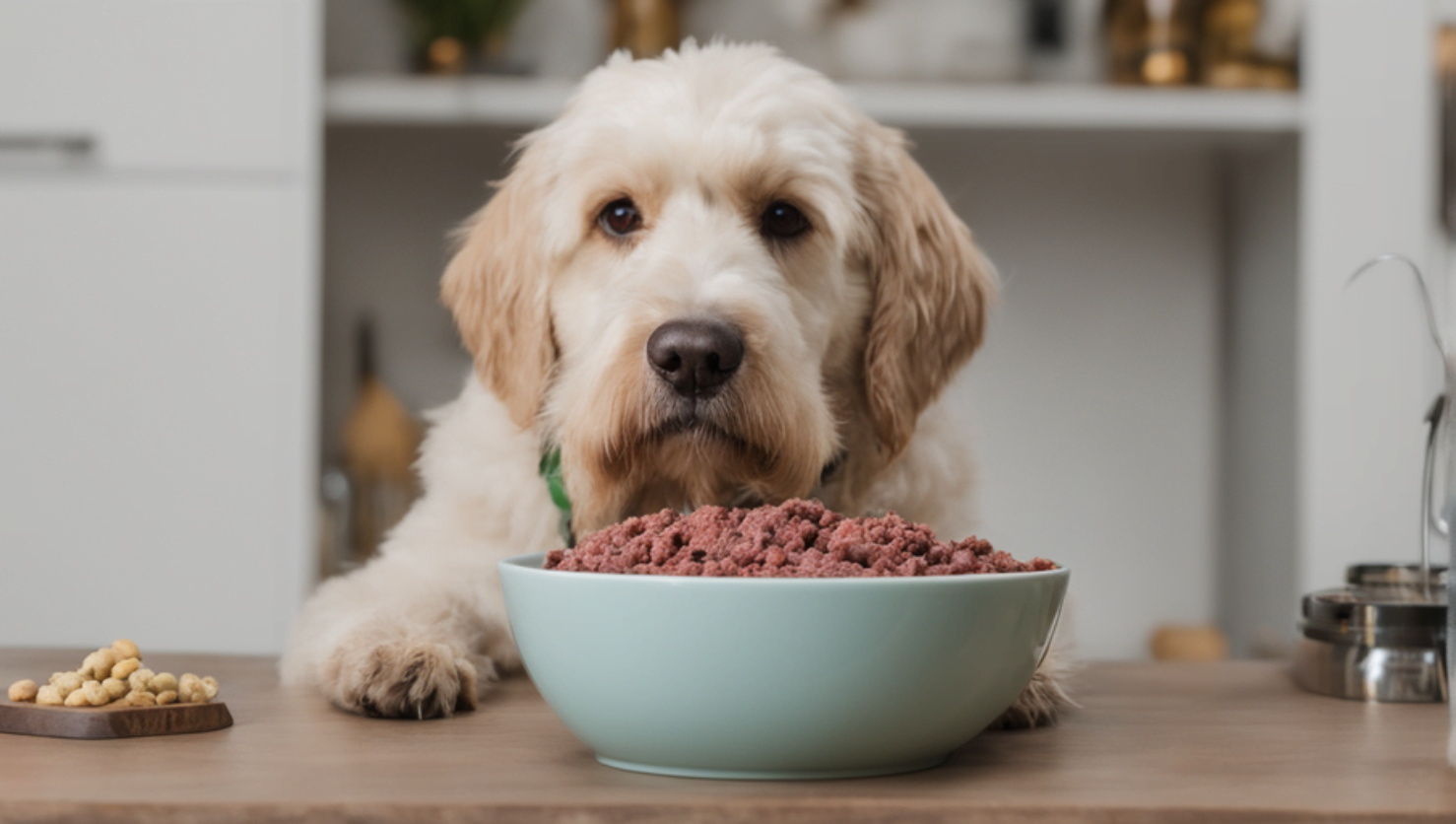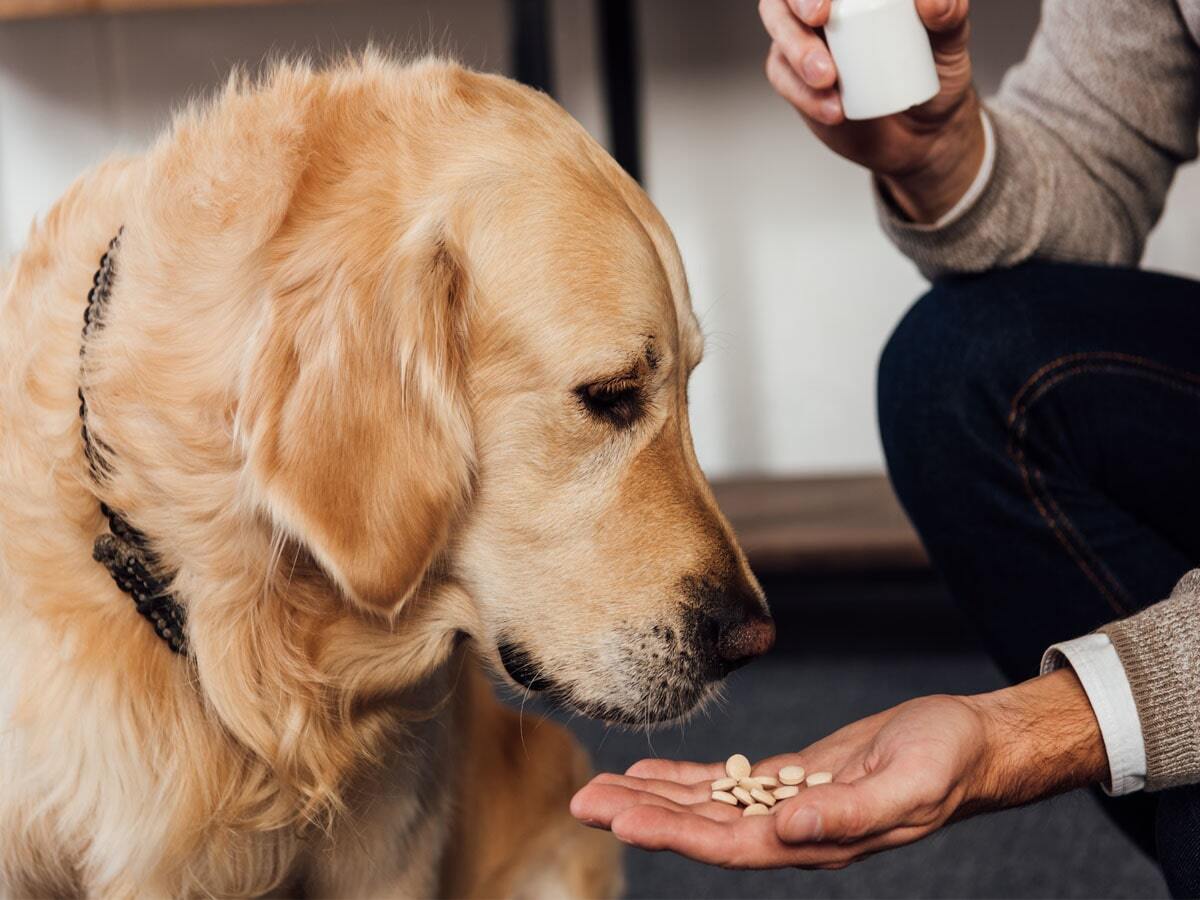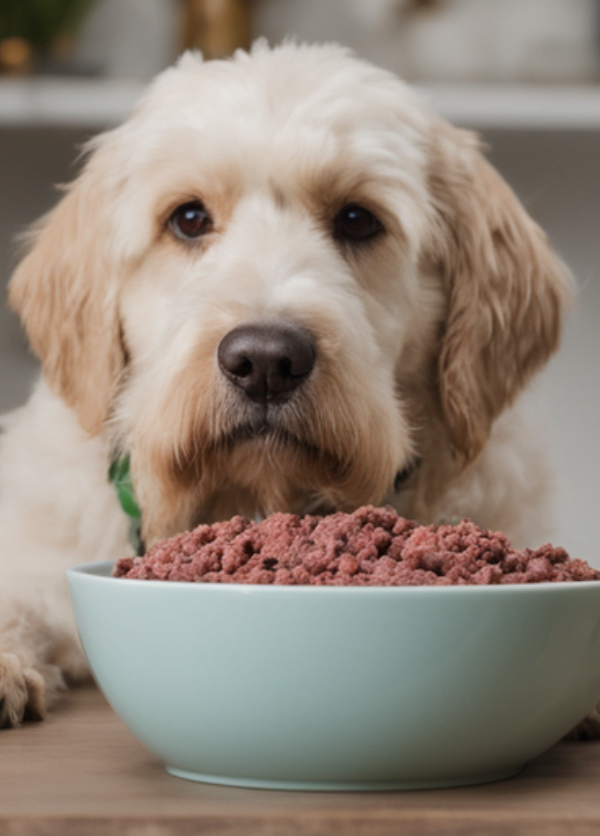Learn about the significance of dental care for pets and gain valuable tips for maintaining their oral health, including brushing techniques and dental treats.
Dental Care for Pets Importance and Tips for Maintaining Oral Health
When it comes to our furry friends, we often focus on their physical health, exercise, and nutrition. However, one aspect that is often overlooked is dental care. Just like humans, pets can suffer from various dental issues that can lead to pain, discomfort, and even serious health problems. Therefore, it is crucial to prioritize their oral health and take necessary measures to maintain it. In this article, we will discuss the importance of dental care for pets and provide some tips on how to ensure their oral health.
Why is pet dental care important?
Good dental health is essential for your pet’s overall health and well-being. When your pet’s teeth and gums are healthy, they can eat properly, which is important for maintaining a healthy weight. They are also less likely to develop other health problems, such as heart disease, kidney disease, and respiratory infections.
In addition, bad breath is a common sign of dental problems in pets. If your pet has bad breath, it can be difficult for them to socialize with other animals and people. It can also make it difficult for them to eat and drink, which can lead to weight loss.
Importance of Dental Care for Pets
1. Overall Health: Poor oral health in pets can lead to various health issues. The bacteria in the mouth can enter the bloodstream and affect vital organs such as the heart, liver, and kidneys. Dental diseases can also weaken the immune system, making pets more susceptible to infections.
2. Pain Relief: Dental problems can cause significant pain and discomfort for pets. They may experience difficulty eating, chewing, or even playing. Regular dental care can help identify and treat issues early on, providing relief to your furry companion.
3. Prevention of Tooth Loss: Just like humans, pets can suffer from tooth decay and gum disease. Neglecting dental care can lead to tooth loss, which can affect their ability to eat properly and impact their quality of life.
How to care for your pet’s teeth
There are a few things you can do to help keep your pet’s teeth healthy:
- Brush your pet’s teeth regularly. Brushing your pet’s teeth is the most effective way to maintain their oral health. Start by introducing a pet-friendly toothpaste and toothbrush gradually. Aim for daily brushing, but even a few times a week can make a significant difference.
- Give your pet dental treats and chew toys. Dental treats and chew toys can help remove plaque and tartar from your pet’s teeth. Choose treats and chew toys that are specifically designed for pets, as human products can be harmful.
- Professional Dental Cleanings: Just like humans, pets may require professional dental cleanings. These cleanings are performed under anesthesia and involve scaling, polishing, and sometimes extractions if necessary. Consult with your veterinarian to determine the appropriate frequency for your pet.
- Take your pet to the vet for regular dental checkups. Routine veterinary check-ups should include a thorough examination of your pet’s oral health. Your veterinarian can identify any issues early on and provide appropriate treatment or preventive measures.
- Balanced Diet: A balanced diet plays a crucial role in maintaining oral health. Avoid feeding your pet excessive sugary treats or human food, as they can contribute to dental problems. Opt for high-quality pet food that promotes dental health.
- Monitor Behavior: Keep an eye out for signs of dental issues such as bad breath, excessive drooling, bleeding gums, difficulty chewing, or changes in appetite. If you notice any of these symptoms, consult with your veterinarian promptly.
Additional tips
Here are some additional tips for maintaining your pet’s oral health:
- Feed your pet a diet that is high in fiber and low in carbohydrates. This will help to prevent plaque buildup.
- If your pet has a water fountain, make sure to clean it regularly. Bacteria can build up in water fountains and contribute to dental problems.
- If you notice any signs of dental problems, such as bad breath, red or swollen gums, or loose teeth, take your pet to the vet right away.
By following these tips, you can help keep your pet’s teeth and gums healthy for a lifetime.
Conclusion
In conclusion, dental care is an essential aspect of overall pet health that should not be overlooked. By prioritizing their oral health and following these tips, you can ensure that your furry friend enjoys a happy and pain-free life. Regular brushing, providing dental chews, professional cleanings, and routine check-ups are all crucial steps in maintaining optimal oral health for your beloved pet.











